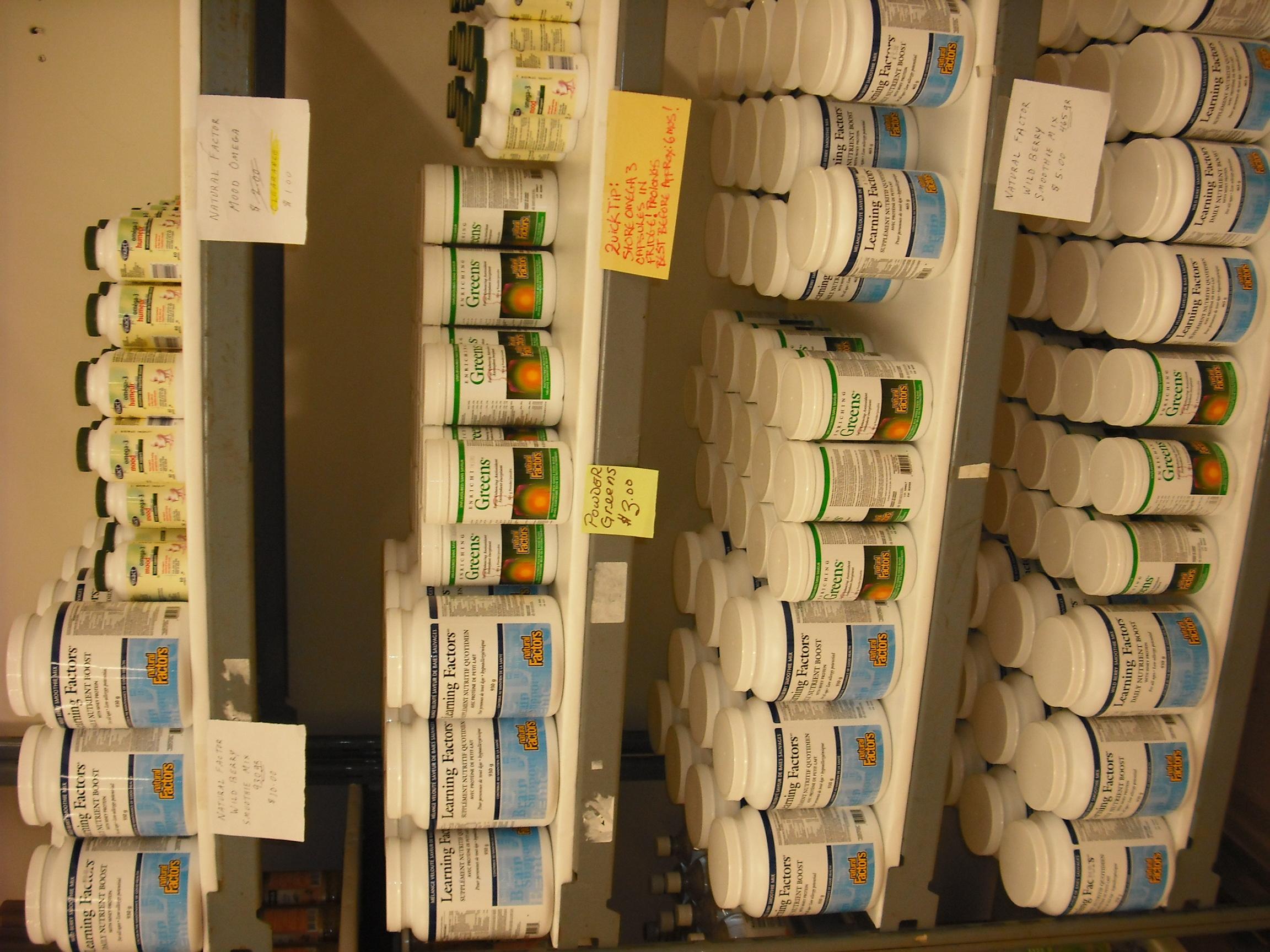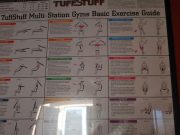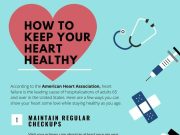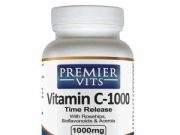In today’s fast-paced world, maintaining a balanced diet can often feel like a daunting task. Between busy schedules and the overwhelming variety of food choices available, ensuring that you get enough essential vitamins and minerals can easily slip through the cracks. These vital nutrients are the building blocks of our health, supporting everything from energy production and immune function to bone health and mental well-being. If you’ve ever felt unsure about whether your diet is meeting your nutritional needs, you’re not alone. This guide is here to help, offering practical advice and empathetic support to empower you on your journey towards optimal health. Together, we’ll explore simple yet effective strategies to incorporate a variety of vitamins and minerals into your daily routine, ensuring that your body receives the nourishment it deserves.
Understanding Your Nutritional Needs
Recognizing your body’s nutritional requirements is crucial for maintaining overall health and well-being. Ensuring you’re consuming the right balance of vitamins and minerals can seem daunting, but it doesn’t have to be. Begin by focusing on a varied diet that includes a rainbow of fruits and vegetables, whole grains, lean proteins, and healthy fats. These foods are naturally rich in essential nutrients your body needs.
- Fruits and Vegetables: Aim for a variety of colors to cover a broad spectrum of nutrients.
- Whole Grains: Opt for whole wheat, oats, and brown rice to boost your fiber and B vitamins.
- Lean Proteins: Include sources like chicken, fish, beans, and nuts to support muscle and tissue repair.
- Healthy Fats: Avocados, olive oil, and nuts can help in the absorption of fat-soluble vitamins.
To help you better understand your daily needs, here is a simple guide to some key vitamins and minerals:
| Vitamin/Mineral | Function | Food Sources |
|---|---|---|
| Vitamin C | Boosts immune system | Citrus fruits, strawberries |
| Calcium | Supports bone health | Dairy products, leafy greens |
| Iron | Enhances oxygen transport | Red meat, lentils |
Paying attention to your body’s signals and adjusting your diet accordingly can help you achieve a balanced intake of these nutrients. If you’re concerned about deficiencies, consider consulting with a healthcare professional for personalized advice.

Building a Balanced Diet with Whole Foods
Ensuring you’re getting enough vitamins and minerals can feel overwhelming, but focusing on whole foods can simplify the process. Whole foods are minimally processed, keeping their nutrients intact, and offer a wide range of benefits for your body. Here’s how you can incorporate them into your diet to cover all nutritional bases:
- Fruits and Vegetables: Aim to fill half your plate with a variety of colorful fruits and vegetables. Each color represents different nutrients, so diversity is key. Think leafy greens, vibrant berries, and juicy oranges.
- Whole Grains: Replace refined grains with whole grains like quinoa, brown rice, and oats. They are packed with B vitamins, iron, and fiber, supporting energy levels and digestion.
- Lean Proteins: Opt for lean proteins such as fish, chicken, tofu, and legumes. These provide essential amino acids and are often rich in minerals like zinc and magnesium.
- Nuts and Seeds: A small handful of nuts or seeds can offer healthy fats, vitamin E, and selenium. Incorporate almonds, walnuts, chia seeds, or flaxseeds into your meals or snacks.
| Food | Key Nutrient | Health Benefit |
|---|---|---|
| Spinach | Iron | Supports red blood cell production |
| Blueberries | Vitamin C | Boosts immune function |
| Almonds | Vitamin E | Protects cells from oxidative damage |
Remember, balance and variety are the pillars of a nutritious diet. By integrating these whole foods, you’ll naturally enhance your intake of essential vitamins and minerals, supporting overall health and well-being. Listen to your body’s needs, and don’t hesitate to adjust based on your personal preferences and nutritional requirements.

Incorporating Supplements Wisely
When considering the addition of supplements to your daily routine, it’s essential to do so with a strategic and informed approach. Here are some guidelines to ensure you’re making the most of your supplementation:
- Consult with a Healthcare Professional: Before starting any supplement, it’s crucial to discuss it with a healthcare provider, especially if you have existing health conditions or are on medication.
- Prioritize Whole Foods: Supplements should complement, not replace, a diet rich in fruits, vegetables, lean proteins, and whole grains.
- Understand Your Needs: Individual nutritional requirements vary. Consider factors like age, gender, and lifestyle when choosing supplements.
| Supplement | Recommended Use |
|---|---|
| Vitamin D | Consider for bone health, especially in regions with limited sunlight. |
| Omega-3 Fatty Acids | Beneficial for heart health; look for high-quality fish oil or algae-based options. |
| Magnesium | Supports muscle and nerve function; may help with sleep and stress. |
Remember, quality matters. Choose supplements that are third-party tested for purity and potency. Keeping a balanced perspective on supplementation can help you maintain optimal health without over-relying on pills and powders.

Monitoring and Adjusting Your Intake
To effectively manage your vitamin and mineral intake, it’s crucial to regularly assess your dietary habits and make necessary adjustments. Start by keeping a food diary for a week. Note everything you consume, including snacks and drinks. This will help you identify patterns and potential deficiencies in your diet. Once you’ve gathered this data, compare it against the recommended daily allowances (RDAs) for key vitamins and minerals. You might discover that while you’re getting plenty of vitamin C, you’re falling short on iron or calcium.
Consider the following tips to fine-tune your nutrient intake:
- Incorporate Variety: Aim to eat a rainbow of fruits and vegetables to cover a broad spectrum of nutrients.
- Supplement Wisely: If your diet lacks certain nutrients, consider supplements. However, consult with a healthcare professional to avoid overdosing.
- Listen to Your Body: Pay attention to signals such as fatigue or frequent illness, which may indicate deficiencies.
Here’s a quick reference to help you monitor some essential nutrients:
| Nutrient | Common Sources | RDA |
|---|---|---|
| Vitamin D | Sunlight, fatty fish, fortified dairy | 600-800 IU |
| Iron | Red meat, spinach, lentils | 8-18 mg |
| Calcium | Dairy, kale, almonds | 1000-1300 mg |








































